Optimal Timing for Perimeter Drainage Installation
Perimeter drainage system installations are most effective when performed under optimal weather conditions. The best time generally corresponds to periods of dry weather, allowing for proper excavation, installation, and backfilling without delays caused by rain or frozen ground. Proper timing ensures the longevity and effectiveness of the drainage system.
Late spring and early fall are optimal due to moderate temperatures and minimal precipitation, facilitating installation and curing processes.
Avoid installation during heavy rain or freezing temperatures, which can compromise the effectiveness and safety of the process.
Dry, stable soil conditions are preferable to ensure proper trenching and installation of drainage components.
Scheduling during periods of low soil moisture helps prevent delays caused by muddy or unstable ground.
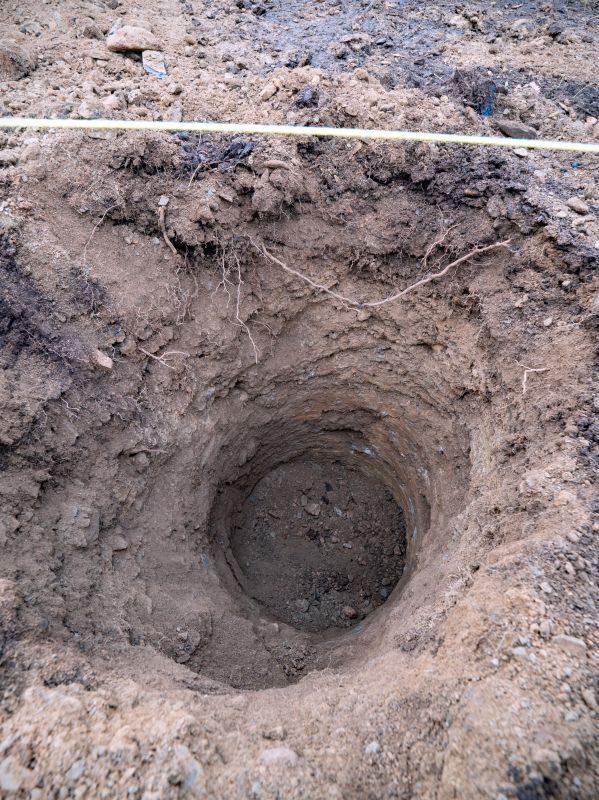
Excavation is easier during dry weather, reducing complications from soil stability issues.
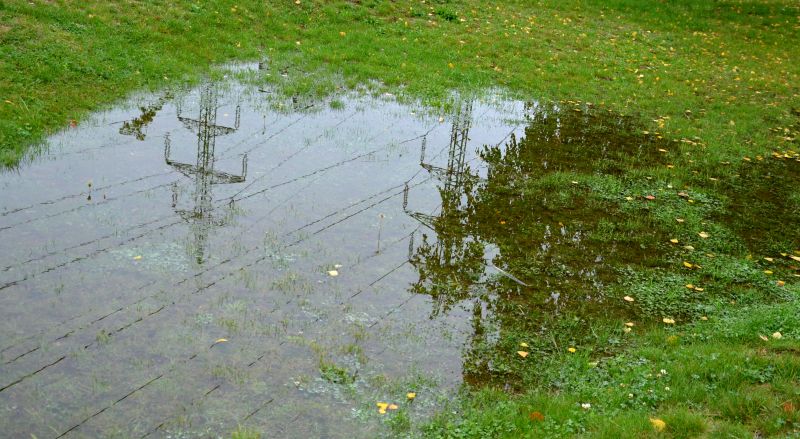
Proper installation techniques are best executed when ground conditions are stable and dry.
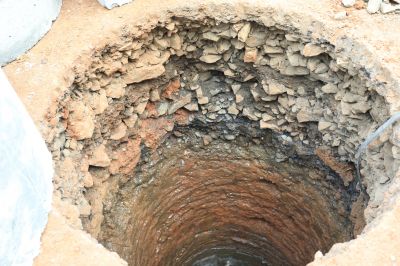
Backfilling is most effective when soil is dry, preventing future settling or erosion.
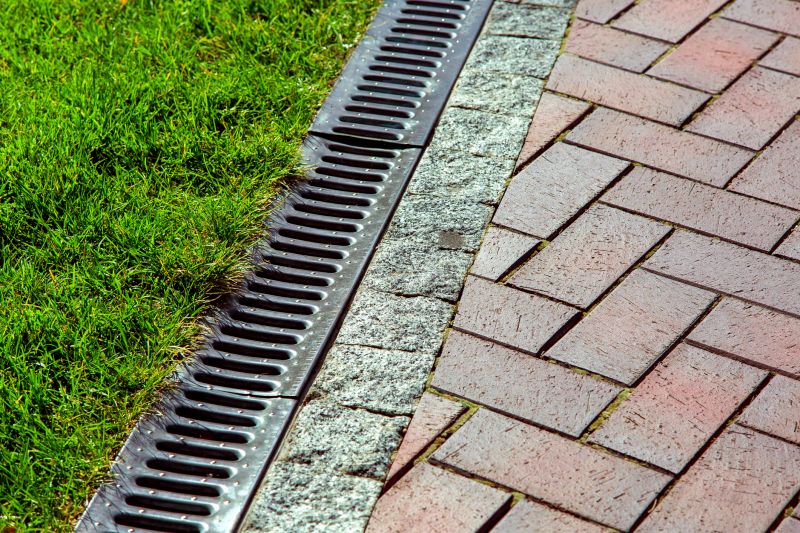
Ways to make Perimeter Drainage System Installations work in tight or awkward layouts.
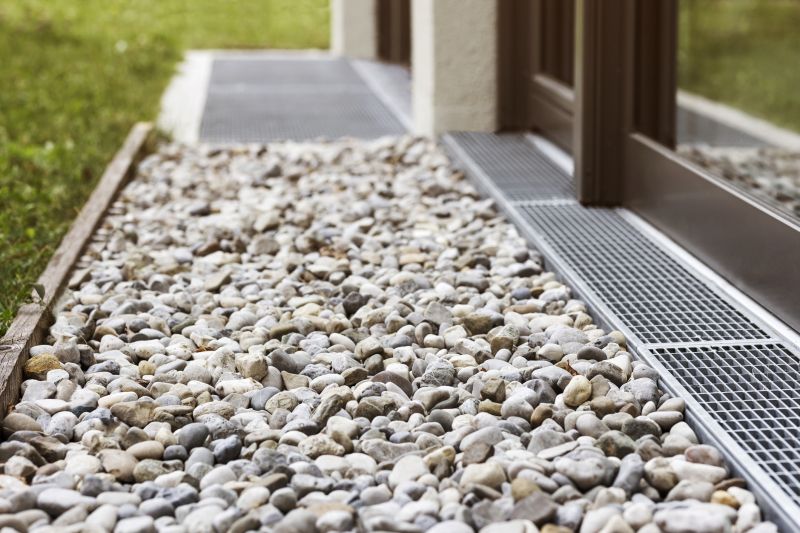
Popular materials for Perimeter Drainage System Installations and why they hold up over time.
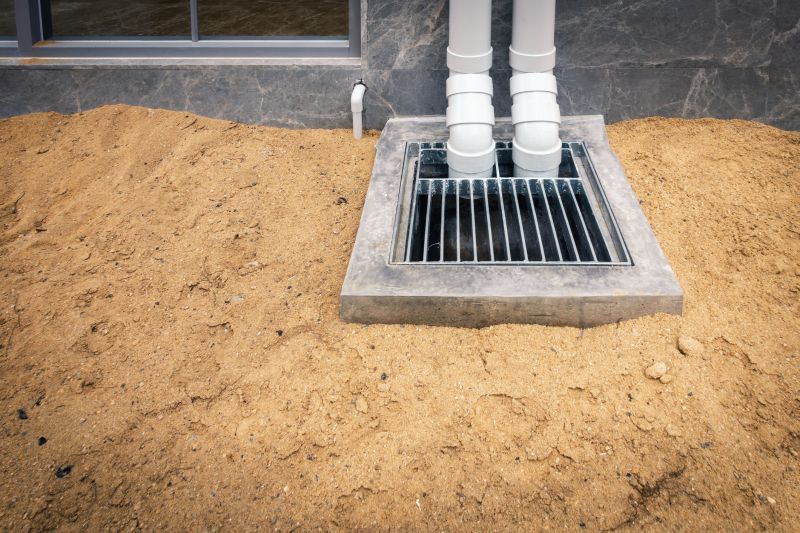
Simple add-ons that improve Perimeter Drainage System Installations without blowing the budget.
| Timing Factors | Recommendations |
|---|---|
| Weather Conditions | Install during dry, moderate weather |
| Soil Moisture | Choose periods of low soil moisture |
| Temperature | Avoid freezing or extreme heat |
| Seasonal Considerations | Late spring or early fall preferred |
| Project Urgency | Schedule in off-peak seasons if possible |
Perimeter drainage systems are critical for managing excess water around foundations and preventing water intrusion. Proper installation timing ensures the system's durability and optimal performance. These systems typically involve trenching around the perimeter, laying drainage pipes, and backfilling with gravel or other suitable materials. The installation process requires careful planning to avoid disruptions caused by adverse weather conditions, which can lead to delays or compromised system integrity.
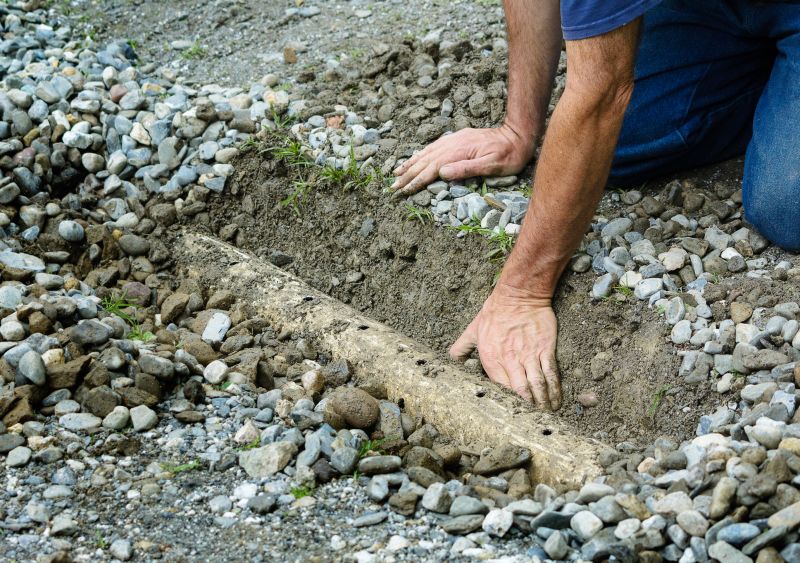
Laying pipes in dry, stable soil ensures efficient water flow and system longevity.
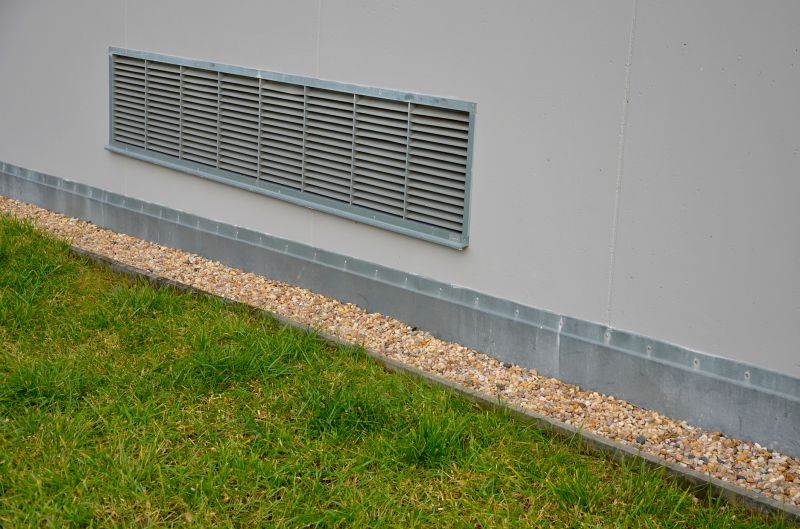
Proper backfilling supports pipe stability and prevents future settling.
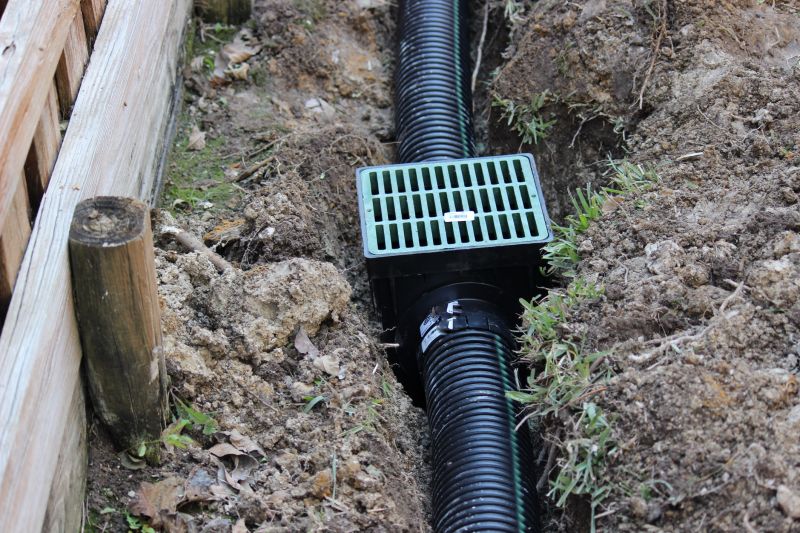
Thorough inspection post-installation guarantees system effectiveness.
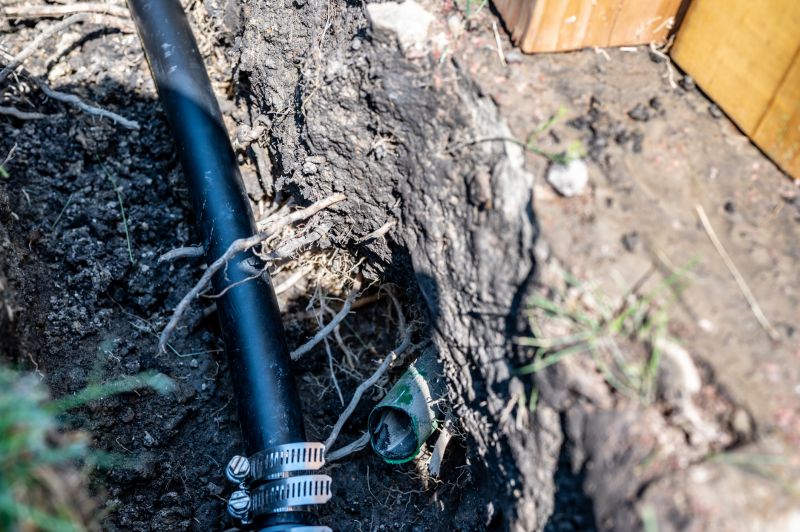
Properly installed systems are less prone to damage and clogging.
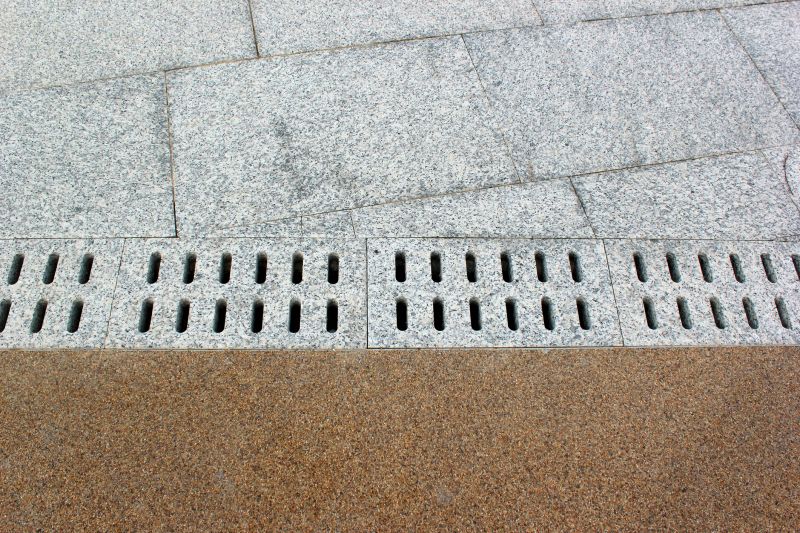
High-end options that actually feel worth it for Perimeter Drainage System Installations.
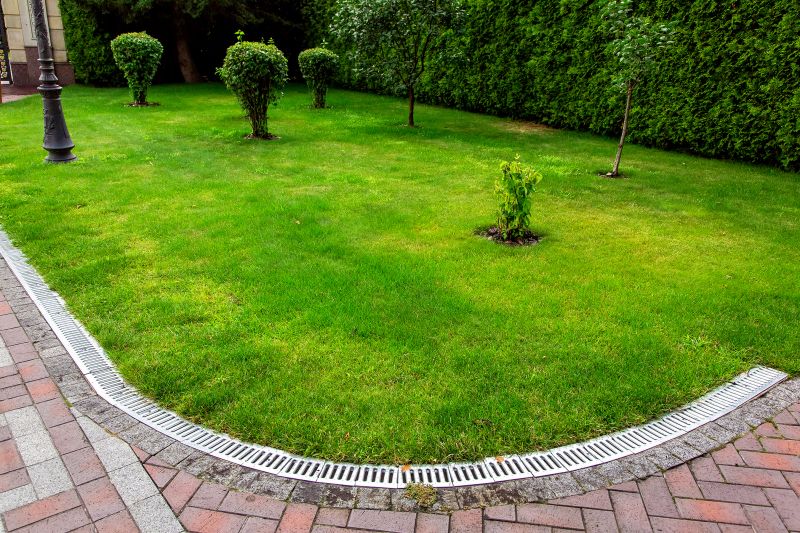
Finishes and colors that play nicely with Perimeter Drainage System Installations.
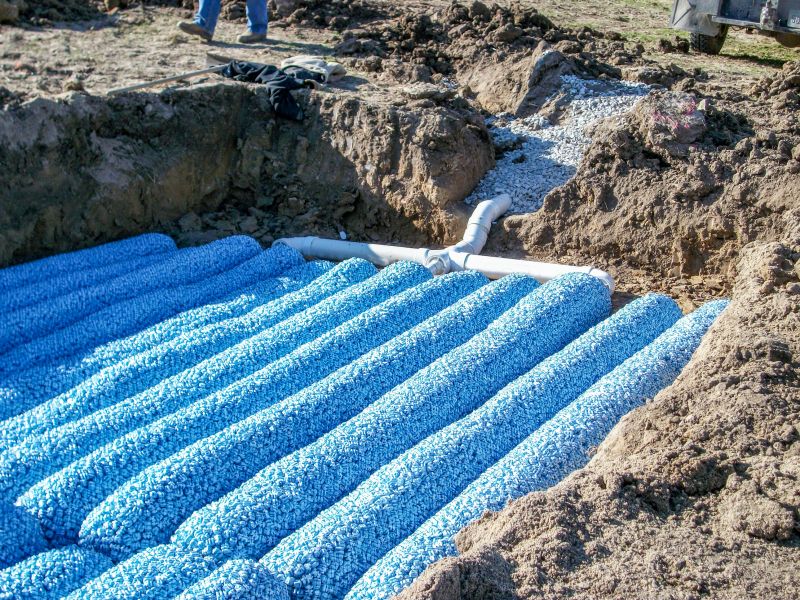
Little measurements that prevent headaches on Perimeter Drainage System Installations day.
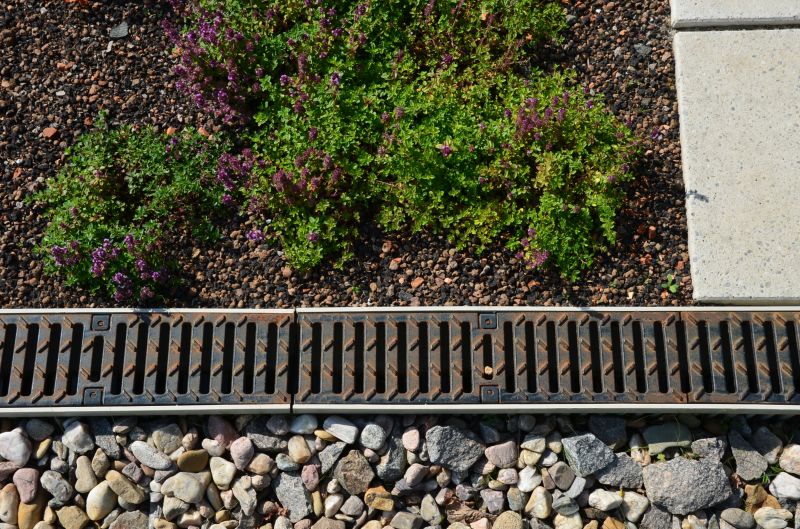
A 60-second routine that keeps Perimeter Drainage System Installations looking new.
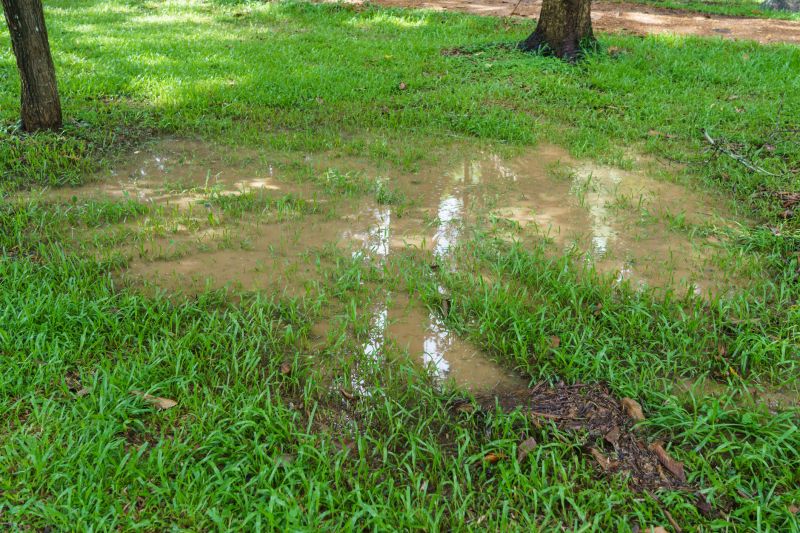
A frequent mistake in Perimeter Drainage System Installations and how to dodge it.
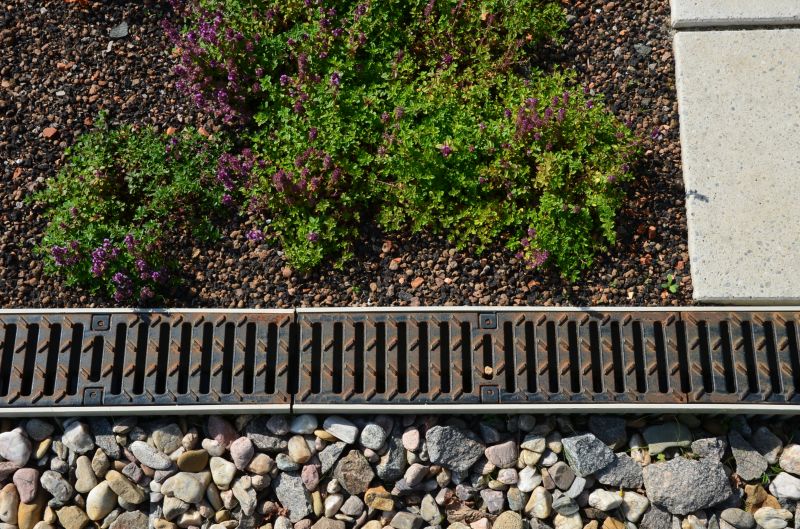
Small tweaks to make Perimeter Drainage System Installations safer and easier to use.
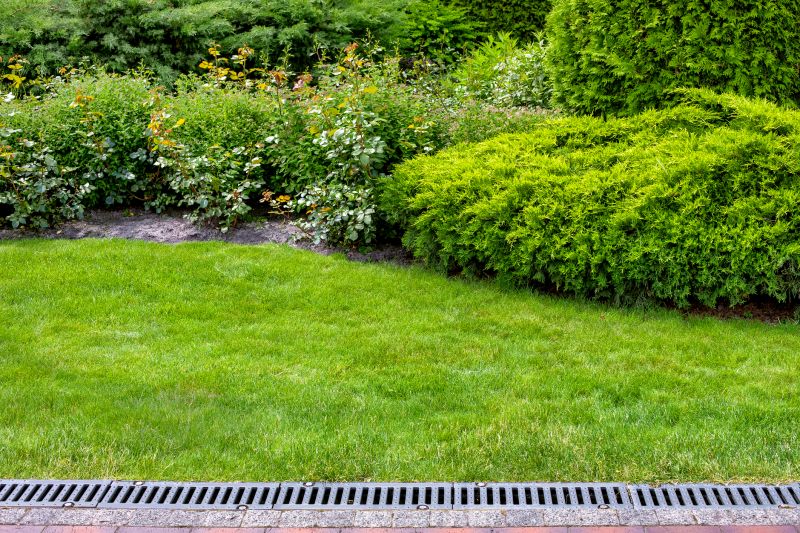
Lower-waste or water-saving choices for Perimeter Drainage System Installations.
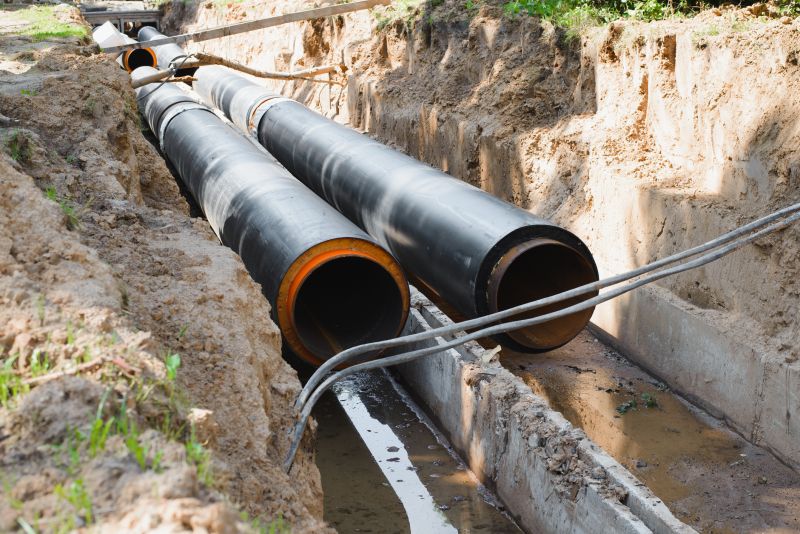
The short, realistic tool list for quality Perimeter Drainage System Installations.
Interested parties are encouraged to contact for further information or to schedule an installation. Proper timing, weather considerations, and soil conditions are essential factors for ensuring the success of perimeter drainage system projects. By choosing the right season and planning accordingly, property owners can maximize the effectiveness and lifespan of their drainage solutions.
